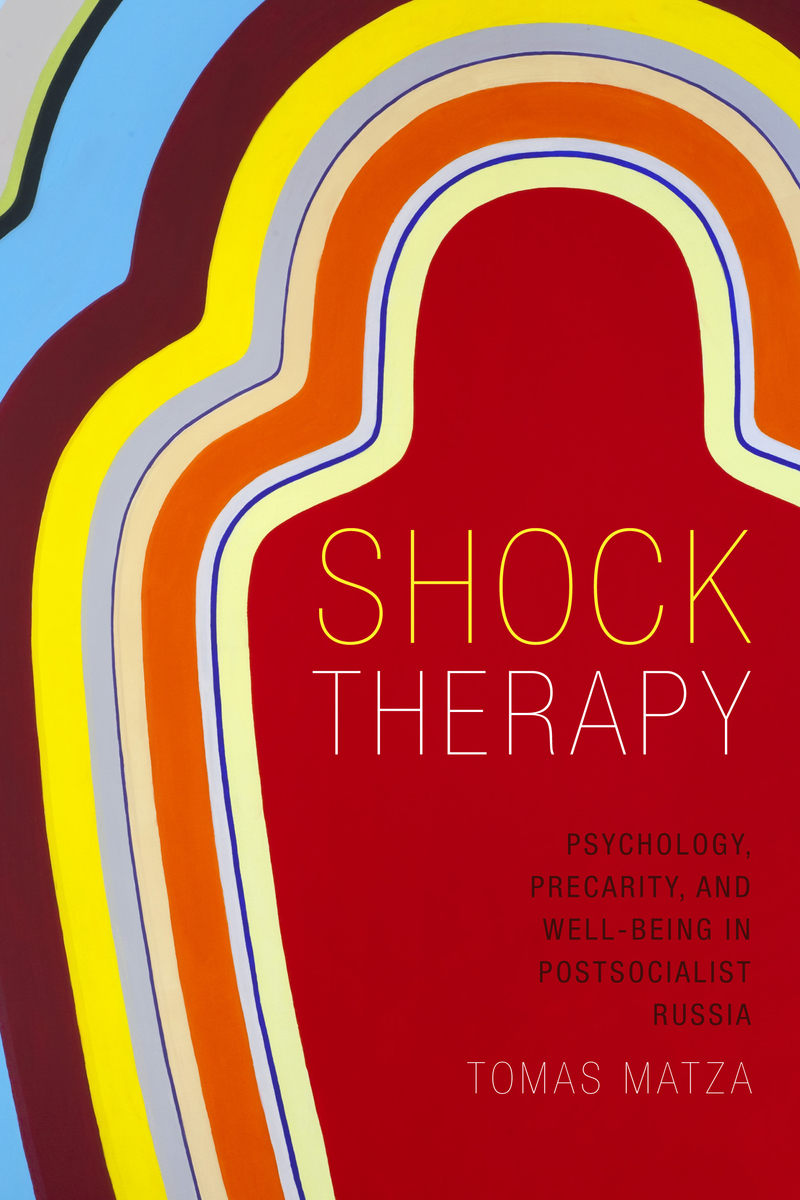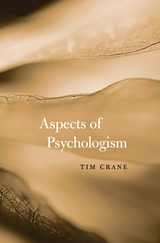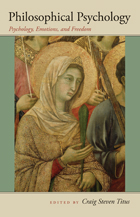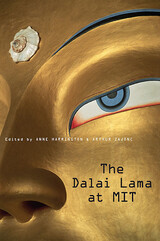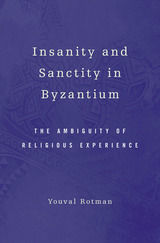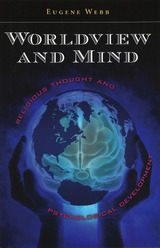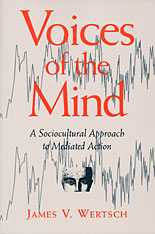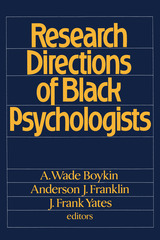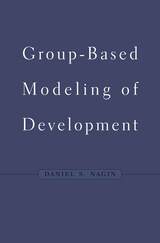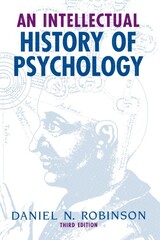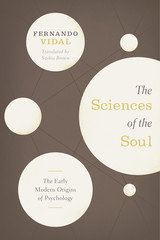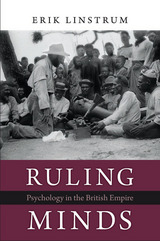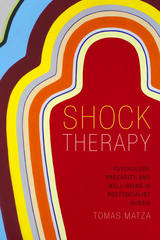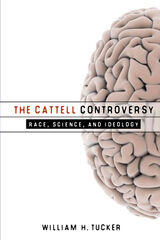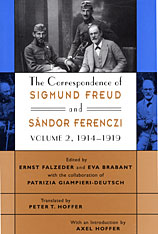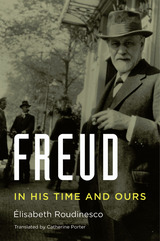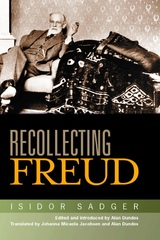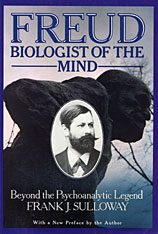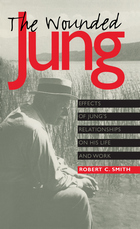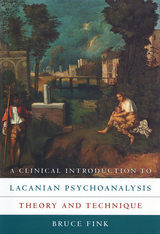Shock Therapy: Psychology, Precarity, and Well-Being in Postsocialist Russia
Duke University Press, 2018
eISBN: 978-0-8223-7195-3 | Paper: 978-0-8223-7076-5 | Cloth: 978-0-8223-7061-1
Library of Congress Classification BF108.R8M38 2018
See other books on: Post-communism | Psychotherapy | Russia (Federation) | Saint Petersburg | Well - Being
See other titles from Duke University Press
eISBN: 978-0-8223-7195-3 | Paper: 978-0-8223-7076-5 | Cloth: 978-0-8223-7061-1
Library of Congress Classification BF108.R8M38 2018
ABOUT THIS BOOK | AUTHOR BIOGRAPHY | REVIEWS | TOC | REQUEST ACCESSIBLE FILE
ABOUT THIS BOOK
After the collapse of the Soviet Union, Russia witnessed a dramatic increase in psychotherapeutic options, which promoted social connection while advancing new forms of capitalist subjectivity amid often-wrenching social and economic transformations. In Shock Therapy Tomas Matza provides an ethnography of post-Soviet Saint Petersburg, following psychotherapists, psychologists, and their clients as they navigate the challenges of post-Soviet life. Juxtaposing personal growth and success seminars for elites with crisis counseling and remedial interventions for those on public assistance, Matza shows how profound inequalities are emerging in contemporary Russia in increasingly intimate ways as matters of selfhood. Extending anthropologies of neoliberalism and care in new directions, Matza offers a profound meditation on the interplay between ethics, therapy, and biopolitics, as well as a sensitive portrait of everyday caring practices in the face of the confounding promise of postsocialist democracy.
See other books on: Post-communism | Psychotherapy | Russia (Federation) | Saint Petersburg | Well - Being
See other titles from Duke University Press
